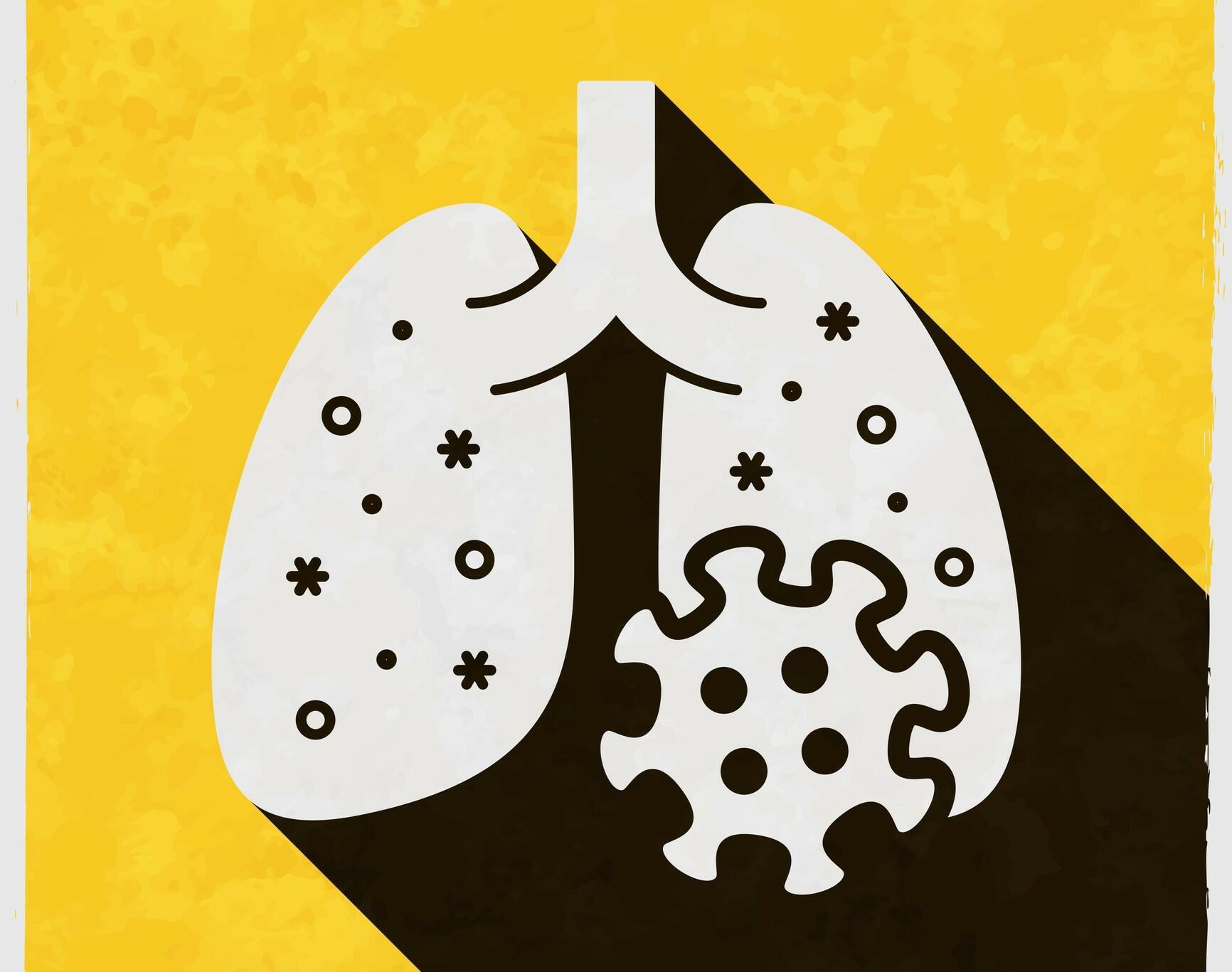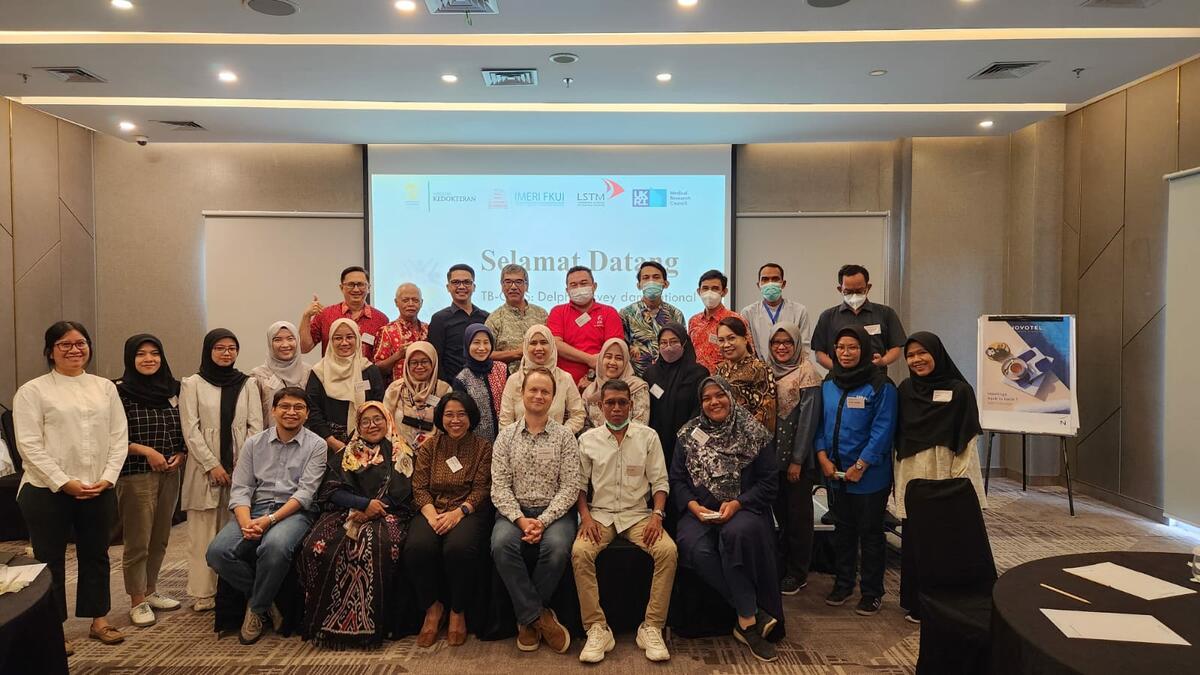
Stigma towards people with tuberculosis (TB) increases the risk of depression and reduces their quality of life, new research suggests.
A survey of more than 600 people with TB in Indonesia, conducted by researchers from Liverpool School of Tropical Medicine and Universitas Indonesia, together with researchers from six other universities in Indonesia, also identified a lack of psychological and peer support that could improve the mental wellbeing of people with TB. The study was funded by the Medical Research Council and Royal Society of Tropical Medicine and Hygiene.
TB stigma has been recognised as a global health challenge and a critical barrier to achieving the World Health Organization goal of ending TB by 2050. Stigma can prevent people with TB from reporting symptoms, seeking treatment, or adhering to their treatment, as well as aggravating mental illness.
Study
The new study, published in PLoS Global Public Health, surveyed 612 people with TB in Indonesia, a country that contributes nearly one in 10 cases of TB worldwide but, until now, had limited evidence about TB stigma and its impact.

Well over half (60.6%) of those surveyed experienced moderate TB stigma, which was most commonly related to feelings of guilt about having the disease or a reluctance to disclose to others, especially outside of the household. Depression was identified in 41.5% of participants, and having depression was significantly associated with experiencing stigma. The survey also identified an unmet need for psychosocial support, particularly interventions designed and led by peers, including survivors of TB with lived experience of the psychosocial effects of the disease.
The study is part of a larger programme, led by LSTM and Universitas Indonesia, to design and deliver impactful, sustainable, and locally appropriate psychosocial interventions to reduce TB stigma, mitigate mental illness, and improve people with TB’s quality of life.

Since conducting the study, researchers have led a national workshop, involving people with TB, policy makers and healthcare workers to share the results and co-design a community-based intervention to address TB stigma in Indonesia, led by both peers and local healthcare workers.
The research team are now conducting an implementation trial to evaluate its effectiveness, and are expected to report their findings by the end of 2024.
Dr Ahmad Fuady of Universitas Indonesia, lead author and co-Principal Investigator on the study, said: “We found that people with TB had high anticipated stigma and feelings of guilt related to their illness. They reported frequently feeling like a burden on their family and isolated, especially due to fear of telling other people about their illness. This appeared to interact or trigger issues with mental health including depression. Importantly, people with TB also identified the support they felt was currently lacking but would be beneficial to receive, including support from their peers, TB survivors, either one-to-one or in group approaches. We are really grateful to people with TB for sharing their experiences and to our diligent research team for capturing them.”
Dr Tom Wingfield of Liverpool School of Tropical Medicine, senior author and co-Principal Investigator on the study said: “People with TB can quickly become non-infectious if they start appropriate treatment promptly. We know that misinformation and misconceptions can delay treatment, and our findings further demonstrate the impact that stigma can have on the mental wellbeing of people living with TB. We hope our research and the intervention we have co-designed with expert local partners will support a reduction in TB stigma, an improvement in mental health for people with TB in Indonesia, and help to tackle the burden of this disease.”